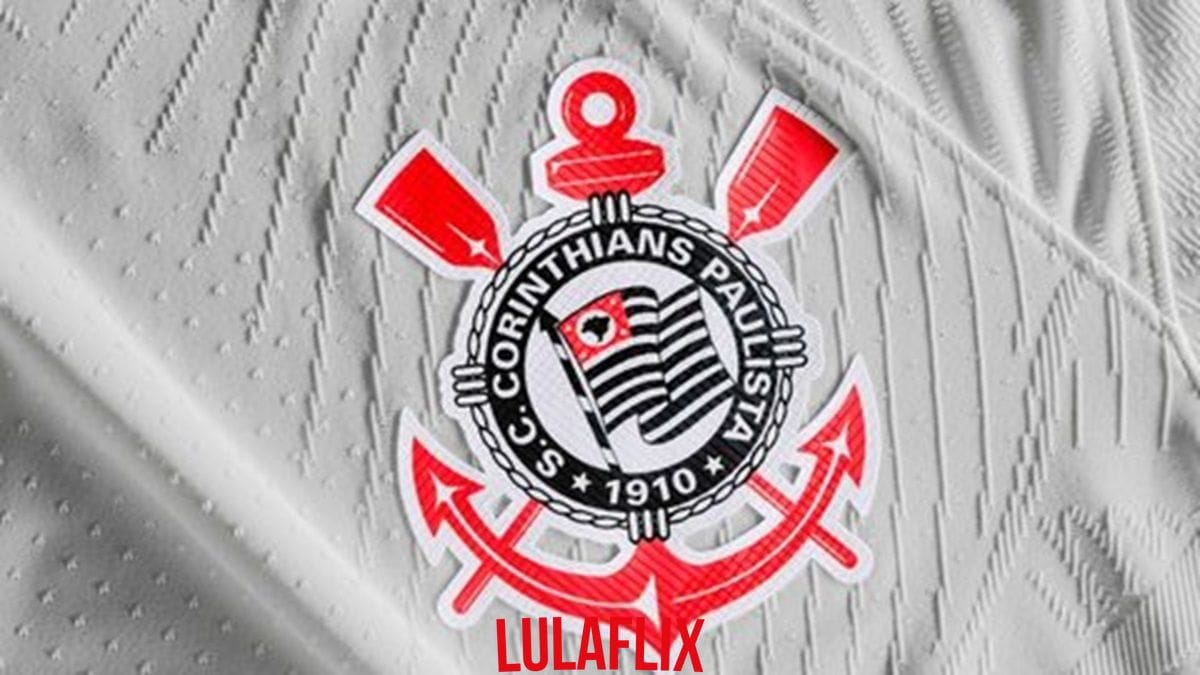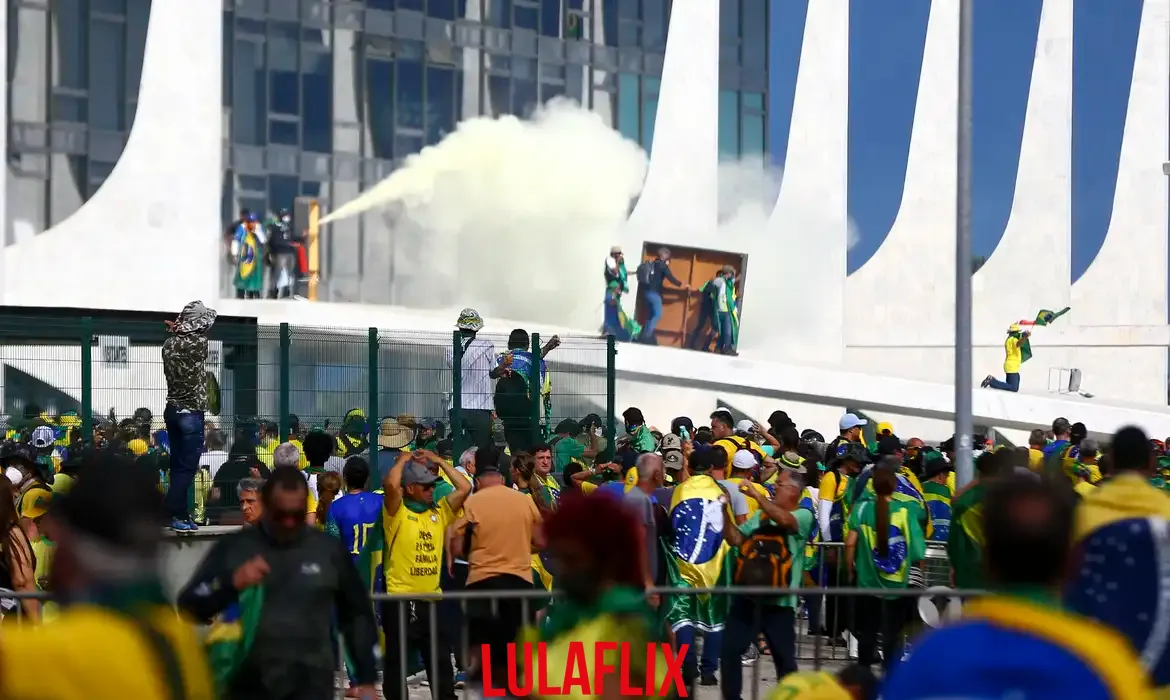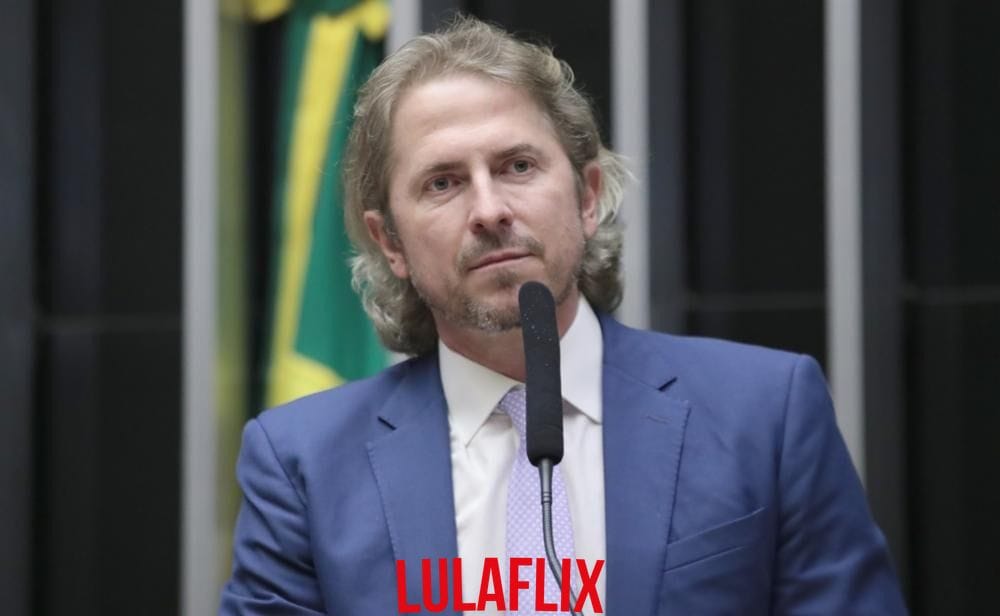SPORT BRETÃO
Perseus Maricato
TIMÃO GIVING GOALS… IN THE JUDICIARY
The Corinthians and its president have won three victories in the judiciary, making them the champions of the tapetão, as they say. As for the club’s president, he managed to delay the decision of the councilors to cancel or not his mandate. He obtained a temporary injunction, which was later overturned by the higher court in São Paulo. Let’s go to the trial.
Timão’s Board uses judicial trickery to avoid paying bills
The Timão’s Board has filed for judicial recovery, which will allow them to centralize debt payments and pay off debts of R$ 379.3 million. The club has already obtained a temporary injunction, which means that for 60 days, all debt collections and account blockages will be paralyzed until the judge decides on the main request, which is to pay off debts in installments over a long period. This type of benefit was provided for when the law creating the Football Public Limited Companies (SAFs) was approved.
Indeed, the law aims to prevent “irreparable losses”, copying the old concordance that saved companies in poor economic condition. But it is unfair to creditors, who will have to wait years to receive or settle their credits for half the value.
Botafogo already has a similar benefit
The same trick was obtained by the Fogão in the Rio de Janeiro judiciary. The team owed hundreds of millions and offered to pay off debts at any price. No doubt this helped them save resources, but the football was still sold to a new owner. Repeat, it is difficult to morally defend such a measure, it is excessive, every physical and legal person creditor of a football team will want to have a clause for early payment and a guarantor. The more insecure the creditor, the more expensive the money the clubs will seek. With this type of benefit, creditors who need money will sell their credits for a fraction of their value.
Advocates of Nassif will receive fees
The Botafogo and its former president, who led the club to insolvency and created debts that made the club sell its football to a SAF, filed a lawsuit against Luís Nassif, demanding “moral damages” for accusing him of running a pyramid scheme and defrauding innocent people (which was later proven to be true in a judicial process). Our office, Maricato Advogados, won the lawsuit in all instances and the club was ordered to pay fees. The Fogão tried to include this credit in the debt moratorium. Well, at least these fees were able to free us from this nonsense. The club will have to pay before the deadline or risk having its assets seized. The club should indemnify the said president, but we know that this is unlikely.
Timão wins a millionaire benefit in the STF
The São Paulo State Public Ministry (MPSP) requested the unconstitutionality of the millionaire benefit granted to the club by former Mayor Gilberto Kassab for the construction of the Itaquerão, but the MPSP argued that the benefit could not be directed, as it would offend administrative morality and other principles of law.
In the STF, the MPSP argued that the Kassab law had as its objective “conceding fiscal incentives directed”, which would violate the principles of impersonality and administrative morality, and that a public tender should have been held. Odebrecht, co-plaintiff in the action, also escaped having to return this value of R$ 1.7 billion, updated.
The decision may benefit other clubs across the country that have political influence to pressure municipalities and state governments and obtain directed fiscal benefits. No doubt the Flamengo will use the decision to obtain privileges for the construction of its stadium.
Milei wants to sell Argentine clubs to American millionaires
The Argentine president has expressed admiration for Football Public Limited Companies (SAFs) and has not hidden his desire to see the traditional clubs of his country (15% of the population is already in absolute poverty) be privatized to American businessmen, similar to the Botafogo. Soon, the country will have to approve a law similar to the Brazilian one, which will allow clubs to cede their main assets, the football team, and, on the other hand, delay indefinitely the payment of their debts contracted. Bad luck for the creditors, many of whom, as fans of the team, provided credits and assets to save it from difficult situations.





